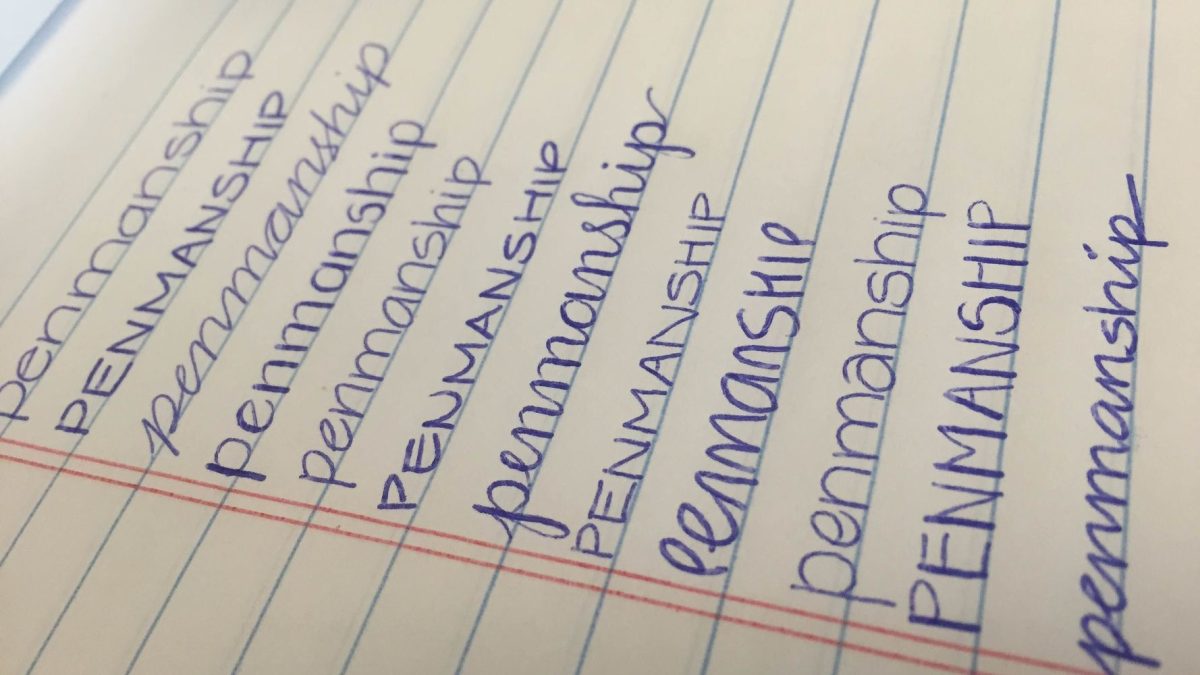It’s past your bedtime, and you know it.
After a long day of studying for exams/meeting with coworkers/working on projects, you’re drained and bone-weary and can’t wait to fall into bed where you might finally get some reprieve. By the time you do end up in bed, however, you don’t go to sleep. Instead, you read a few chapters from a book, answer text messages, doom scroll through Instagram, and hey, while you’re at it, you might as well check out the online sales you’ve been meaning to look at.
By the time you even remember how tired you are, the clock reads 1:00AM. You wake up exhausted, and so the cycle repeats.
Believe it or not, there is a name for this phenomenon: revenge bedtime procrastination.
The term “bedtime procrastination” first arose in a 2014 paper by Dr. Floor M. Kroese, a behavioral psychologist at Utrecht University in the Netherlands, and collaborators which was published in Frontiers Psychology. The paper, which aimed to better understand the effects of bedtime procrastination on self-regulation and sleep, defined bedtime procrastination as “going to bed later than intended while no external circumstances are accountable for doing so.”
According to NPR, the word “revenge” was added to the moniker through translation of a Chinese expression that “describes the habits of workers who skimp on sleep to engage in leisure activities as a way to make up for long work days.” The Chinese 996 schedule saw employees working six days a week from nine in the morning to nine in the evening; the English translation of the phrase has developed to describe anyone who has taken to avoiding sleep due to burnout.
While this may at first seem like a relatively benign habit, revenge bedtime procrastination can enact harmful consequences on both bodily and mental health. Delaying going to sleep results in sleep deprivation, depriving the mind and body of the time they need to recharge. Without the necessary amount of sleep, thinking, memory, and decision-making abilities are degraded, productivity and academic achievement are reduced, regulating emotions becomes more difficult, and the immune system is more vulnerable.
As a result of these vulnerabilities, sleep deprivation can increase susceptibility to cardiovascular issues and metabolic disorders. To make matters of health worse, sleep deprivation has also been linked to reduced impulse control and a failure of self-regulation systems; in short, procrastination.
With such effects as these, revenge bedtime procrastination is a no-win situation, reinforcing a cycle of negative behaviors and worsening overall health. Why, then, does it occur?
The cause of this unhealthy cycle can be linked to a lack of free time during the day. Lauren Whitehurst, a cognitive neuroscientist and sleep researcher at the University of Kentucky, said, “We value productivity so much that we pack our days. [Revenge bedtime procrastination] is really a kind of commentary on [our lack of down time.]”
The phenomenon appears to be more common among those who are more inclined to being “night owls,” those with reduced self-regulation resources, and those with high-stress jobs and little time to themselves, such as parents of young children and shift workers.
It is also possible that some of these problems have worsened as a result of the 2019 COVID-19 pandemic. In the post-pandemic era, a study by the Journal of Clinical Sleep Medicine reports that 40% of adults have had increased sleep problems in 2020. Furthermore, surveys, including one conducted by Harvard Business Review, have found that working from home has often extended working hours as well. With increased stressors and blurred lines between work and home life, many people have thus been sacrificing their sleep for a few stolen hours to decompress.
To prevent revenge bedtime procrastination, experts have several tips:
- Cut down your daily schedule. “Don’t waste your time in useless meetings or with obligations that you really don’t care for,” Christine Li, a clinical psychologist and anti-procrastination coach in New York said in an article by the Washington Post. “Start cutting out things that don’t make you happy or satisfied or content, and then maybe you won’t feel like you want to take revenge.”
- Be resolved in your sleep schedule. Switch out noncommittal and vague phrases like “I’ll try my best to go to bed earlier” for firm commands like “I will go to bed at 10.” Li said, “You’re really strengthening your commitment through the way you talk to yourself and others about your plans.”
- Set an alarm an hour before bedtime. Lauri Leadley, a clinical sleep educator and president of Valley Sleep Center in Arizona suggests using the alarm as a signal to begin preparing for bed. ‘Think of this as your “power-down hour,”’ she said. By planning time to relax beforehand, dimming the lights, turning off electronics, the body will already begin to prepare for sleep without the need to stay up later to compensate for excess anxiety.












